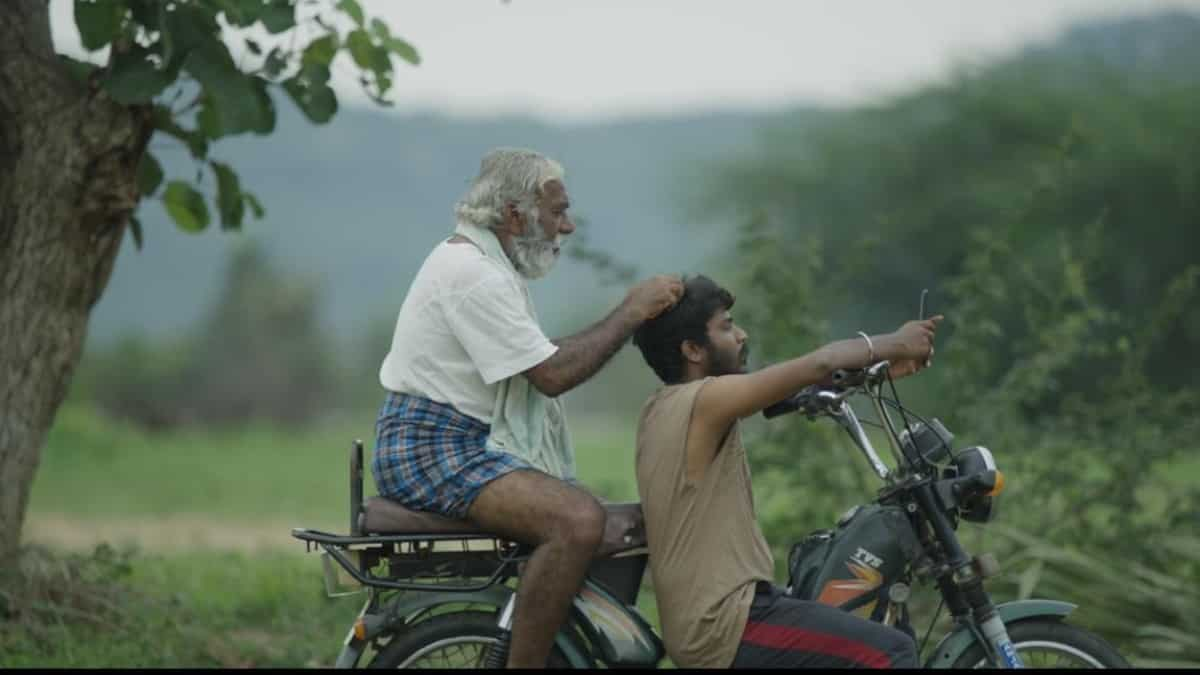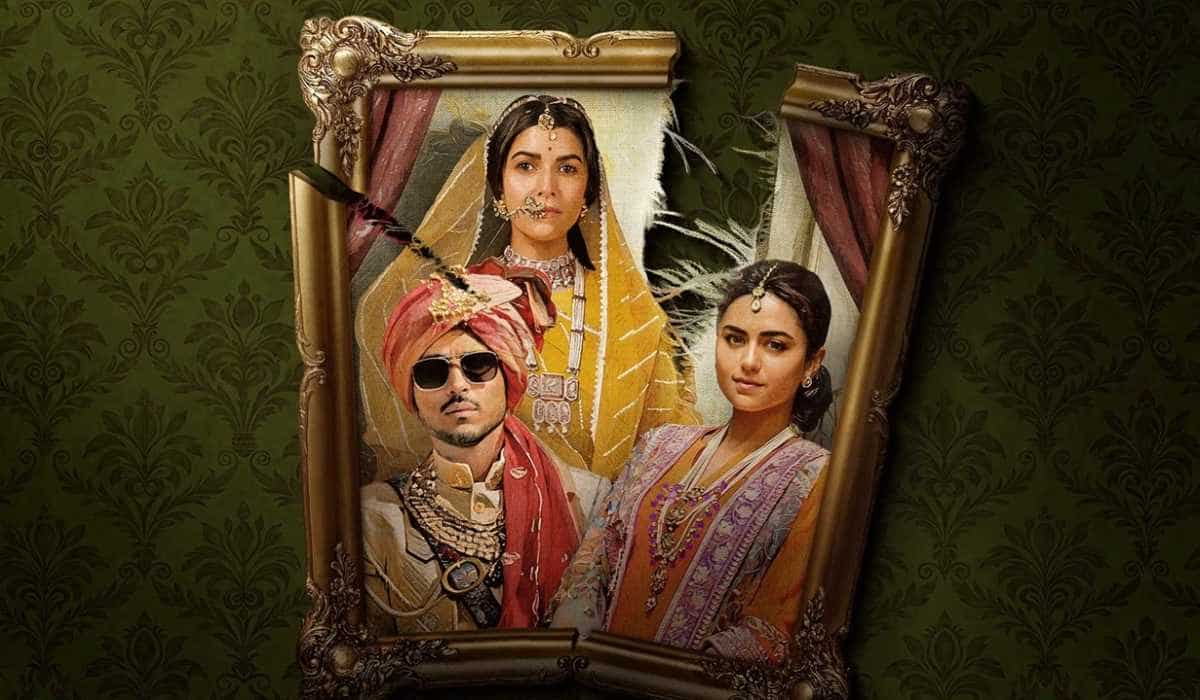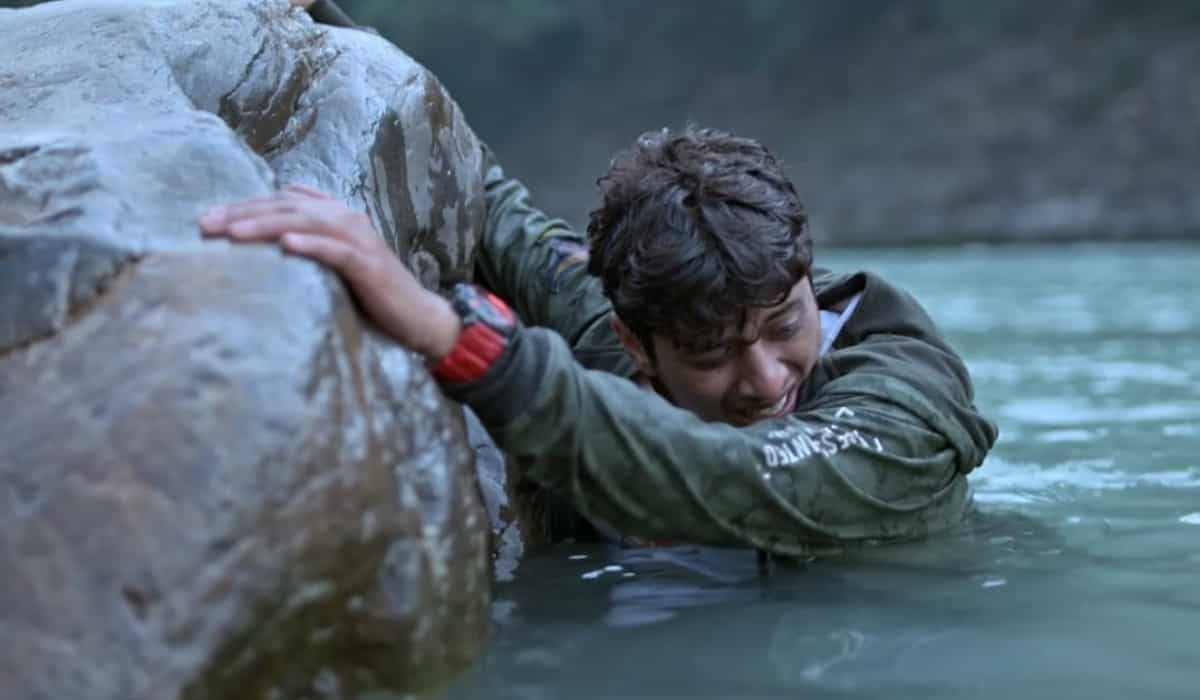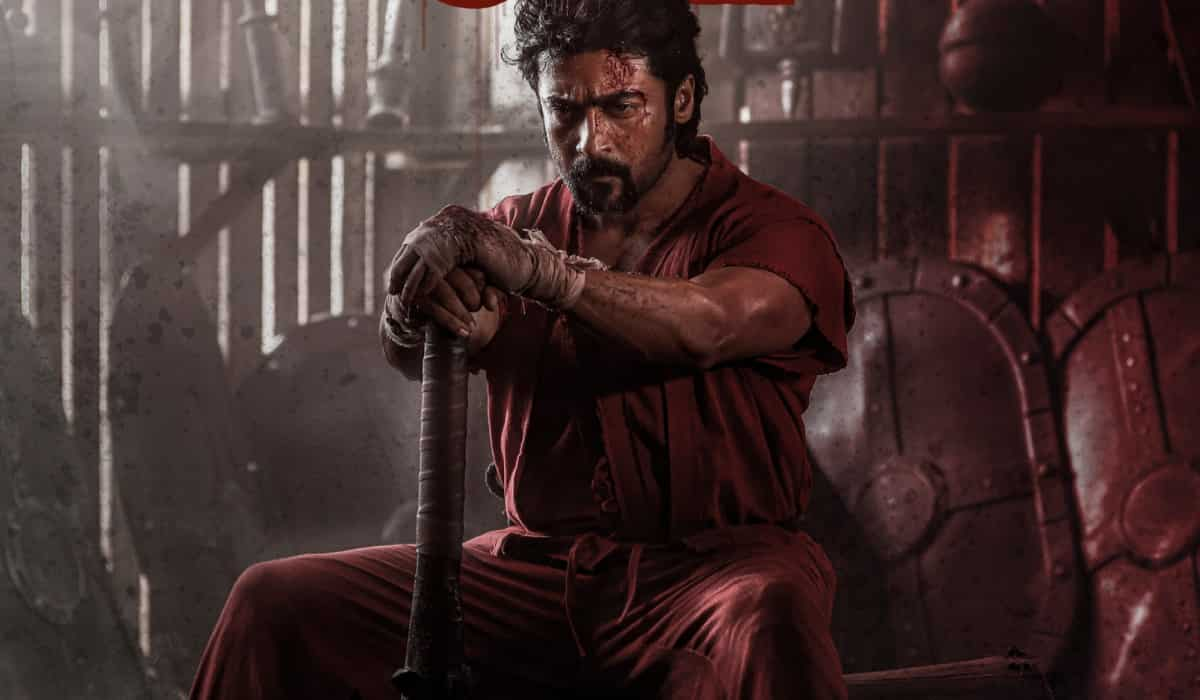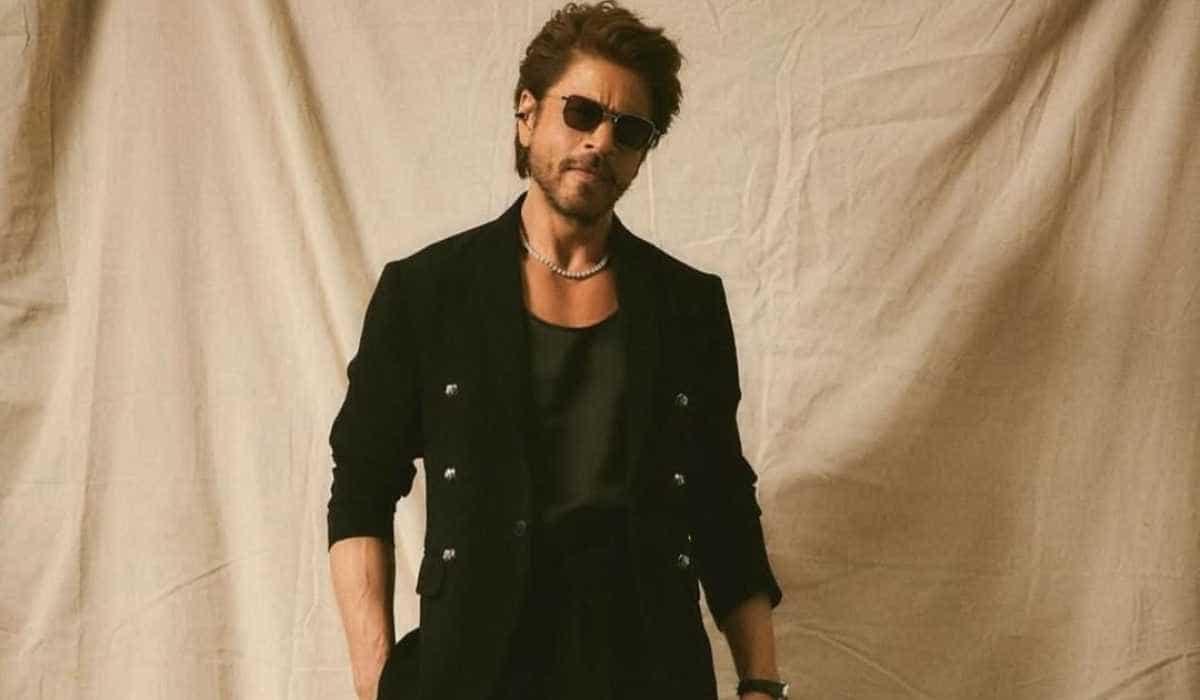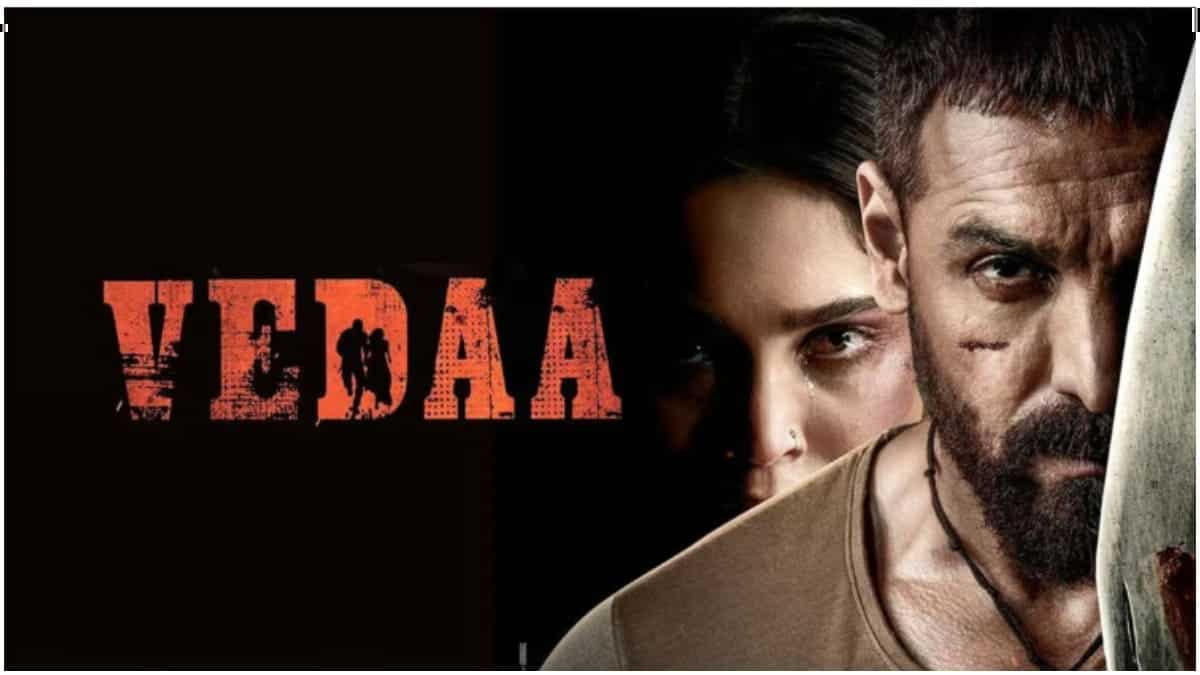
Vedaa Review: John Abraham & Sharvari battle gangsters, taboo, and a dragged plot
8 months ago | 181 Views
Vedaa Review: Plot - A happy family in Barmer, Rajasthan, belongs to the Dalit community. They live a marginalized life where they aren't supposed to challenge the system of those above them. When Vedaa Bairwa (Sharvari) dares to enroll in a boxing class among boys from the “higher” caste, their egos are hurt. Her brother falls in love with a girl from the same higher caste, adding fuel to the already burning rage. They destroy their family, but she finds a savior in Abhimanyu (John Abraham), a court-martialed major. His past trauma compels him to protect the girl, but now she must set an example.
Vedaa Review: Analysis
It was high time Hindi movies began exploring heartland India beyond the romantic tropes and started focusing on the realness of it all. Udta Punjab, a film about the drug menace in Punjab, turned out to be an eye-opener for a new avenue in contemporary films, finally revealing the true condition of Punjab outside the stereotypical mustard fields and the image of a turbaned man with a glass of lassi in hand. These stereotypes have kept us from seeing reality for too long.
So when the man who directed Kal Ho Naa Ho decides to helm a film that is dark and rooted in the politics of a town that oppresses and kills the marginalized at their convenience, it is indeed an interesting turn in his filmography. (Pro tip: Nikhil’s Mumbai Diaries on Amazon Prime Video is a must-watch if you haven't already.)
Written by Aseem Arrora, who has a list of ‘glass half full’ films in his recent filmography but has also worked with Hansal Mehta on The Buckingham Murders, Vedaa as a story is indeed one that should be told. It’s about a girl who becomes a criminal in the grand scheme of things simply because she dared to dream beyond what is “allowed” by the gatekeepers of society. These gatekeepers are part-time gangsters and ruthless criminals who commit crimes in the name of preserving the sanctity of their so-called culture, which they conveniently manipulate. She decides to become a boxer and looks for a coach, but she doesn't realize that there is literally no one outside her family who wants to see her rise higher.
As a film, Vedaa draws inspiration from two real-life tragic cases where a couple named Manoj and Babli were victims of honor killing because they dared to love. The screenplay marries these stories into a fictional tale that remains true to its core. Neither Nikhil Advani nor Aseem Arrora wants to give this film a light treatment; instead, they plunge into the darkness from the very first frame. Here is a girl who has accepted her place in society to the point where she doesn’t even dare to touch the common water dispenser in the college. When she starts learning boxing, the men beat her without hesitation. The makers want you to feel uncomfortable, and rightly so.
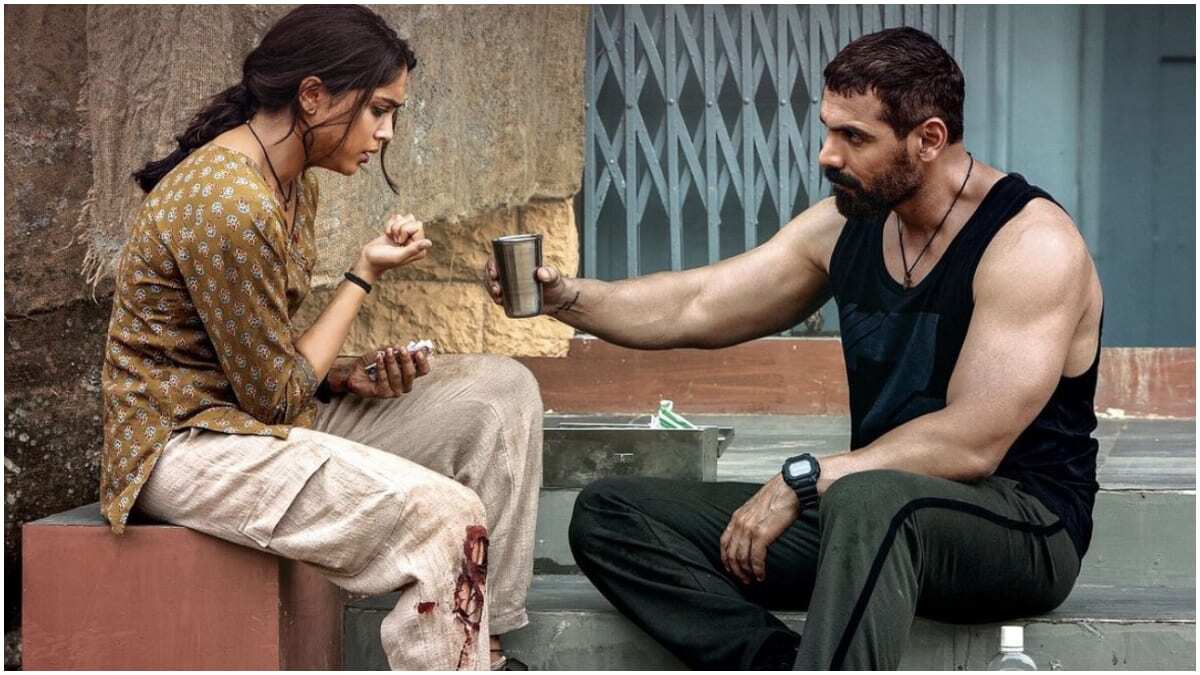
Vedaa pulls you in if you appreciate stories that are told as dark stories, without a treatment that makes them more palatable. This is what the brilliant Vetri Maaran has been doing in Tamil cinema—telling stories that don’t just discuss taboo topics but also explore possible solutions that can be implemented at the grassroots level. Now, I’m not comparing the filmmakers, but the similarities in the storytelling are worth noting. It’s refreshing to finally see a Bollywood film embrace the unfiltered flaws of society on the big screen, rather than just on OTT platforms, within a commercial framework. However, it’s also a reminder that this is, after all, a Hindi film. Advani adds unnecessary songs and even more unnecessary repeated dialogues, especially a Holi song that disrupts the narrative and detracts from an otherwise brilliant experience, throwing you into the T-Series Multiverse of pointless songs.
Here is a girl who, 30 minutes earlier, was not even touching the water filter because she is Dalit. But then you make her dance amid the same crowd. How is she suddenly accepted there? Even John Abraham’s backstory seems more for shock value than for adding depth. His wife could have been killed in an accident, and it wouldn’t have affected the story. Why was Pakistan-Occupied Kashmir thrown into the mix? How on Earth do people fail to recognize a face and build like John’s when he simply ties a piece of fabric over his head?
Vedaa features brilliant action sequences that land well, but only up to a point. After that, they become repetitive. The screenplay has already proven its point—that it wants to bring about legal justice and educate people about the laws against atrocities. So why linger on the same points without adding more? Repeated action sequences dilute an otherwise compelling story. John Abraham fits the role of Abhimanyu because his intense expressions come in handy, and not much more is expected of him beyond great action scenes. Sharvari is quickly becoming a promising star, capable of carrying a movie on her able shoulders. Vedaa is undoubtedly a significant step forward for her. Abhishek Banerjee is enjoying his time playing ruthless villains, and he consistently excels in these roles.
Malay Prakash’s cinematography is constantly in motion, searching for techniques to make the action interesting, and he succeeds for the most part. The production design is brilliant, except for the dungeon scene, which looks like a set.
Vedaa Review: Final Verdict
Vedaa is a good story, one that needs to be told. However, it misses the mark when it comes to balancing commercial elements with nuance, causing the overall product to suffer. Nevertheless, Sharvari wins hearts.
Vedaa releases in theatres near you on August 15, 2024. Stay tuned to OTTplay for more information on this and everything else from the world of streaming and films.
# Vedaa # JohnAbraham # SharvariWagh

